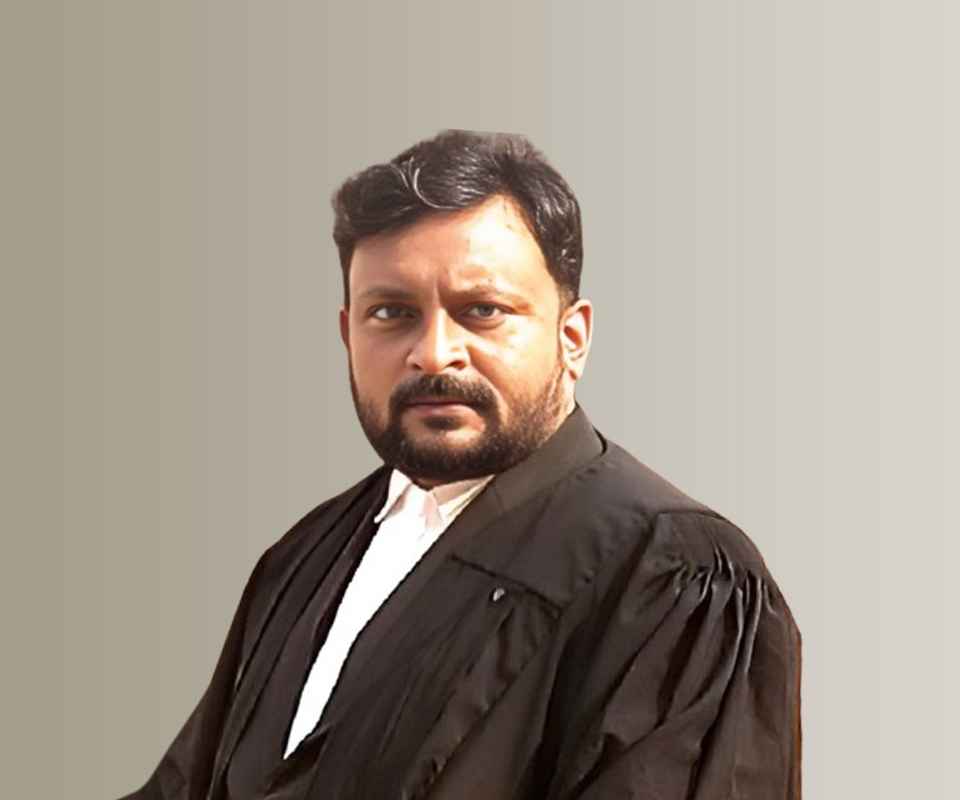Answer By law4u team
A Power of Attorney (POA) is a legal document that grants one person the authority to make decisions on behalf of another, usually in cases where the person is unable to do so themselves due to illness, incapacity, or other reasons. While a POA can be an essential tool for managing an elderly person’s affairs, it can also be misused if not properly monitored, leading to exploitation and abuse. Understanding the role and risks associated with POA is crucial in protecting elderly individuals.
What Is A Power Of Attorney (POA)?
1. Definition and Purpose:
Legal Authority: A POA gives a designated individual (the attorney-in-fact or agent) the authority to act on behalf of another person (the principal) in legal, financial, or medical matters. The document can be broad or limited in scope, depending on the needs of the elderly person.
Types of POA:
General Power of Attorney: Provides wide authority, including making financial decisions, signing legal documents, and managing property.
Limited Power of Attorney: Grants authority for specific tasks, such as handling a single property transaction or medical decision.
Durable Power of Attorney: Remains effective even if the principal becomes incapacitated due to illness or injury, making it especially useful for elders who may experience cognitive decline or other health issues.
Springing Power of Attorney: Activates only when the principal becomes incapacitated, which can offer additional protection against premature or unauthorized use.
2. Function and Use:
Managing Affairs: The designated agent under a POA can manage a variety of tasks on behalf of the elderly person, such as paying bills, handling investments, managing healthcare decisions, and overseeing daily financial matters.
Healthcare Decisions: A specific form of POA, known as a medical power of attorney, allows the agent to make healthcare decisions for the elder if they are unable to do so themselves.
3. Importance for Elders:
Ensuring Care: For elderly individuals who may have health issues that impair their ability to manage their affairs, a POA is a crucial tool for ensuring their needs are met.
Preventing Guardianship or Conservatorship: In situations where an elder becomes incapacitated, a POA can provide a less restrictive alternative to guardianship or conservatorship, as the agent is chosen by the elder themselves.
Can POA Be Misused Against Elders?
1. Risks of Misuse:
Financial Exploitation: One of the most significant risks of POA misuse is financial abuse. An agent with financial authority can misuse their position to steal money, liquidate assets, or divert funds for personal use, rather than acting in the best interests of the elder.
Undue Influence: Some elderly individuals may be coerced into granting POA to someone who they trust, but who then manipulates them to make decisions that benefit the abuser. This is particularly concerning if the elder is suffering from cognitive decline or emotional vulnerability.
Manipulating Medical Decisions: A POA can also be misused in the area of healthcare decisions. The agent could make medical decisions that are not in the best interest of the elder, or even refuse life-saving treatment in favor of decisions that benefit the abuser (e.g., inheritance motives).
2. Common Scenarios of Misuse:
Exploitation by Family Members or Caregivers: Elders may unknowingly give POA to family members or caregivers who might take advantage of the authority for personal gain, such as controlling their finances or making healthcare decisions that benefit the abuser.
Falsifying Signatures: In some cases, an agent might forge the elder’s signature or coerce them into signing a POA when the elder does not fully understand the implications or may not be in a sound mental state.
3. Safeguards and Preventing Misuse:
Choosing a Trusted Agent: Elders should carefully choose an agent who is trustworthy, reliable, and capable of handling their affairs. It is essential that the agent understands their fiduciary duty, which is to act in the best interest of the elder and not for personal gain.
Periodic Monitoring: Elders or their families should periodically review the actions of the person with POA to ensure that no misuse is taking place. Regular audits of financial transactions and healthcare decisions are essential to prevent exploitation.
Legal Protections: Many jurisdictions have laws in place to prevent the misuse of POA. For example, some regions require POA documents to be notarized or include additional safeguards, such as requiring a third-party witness to verify the elder’s mental competency at the time of signing.
4. Revocation of POA:
Revoking the POA: If an elder suspects that their POA is being misused or they no longer trust the agent, they can revoke the document at any time, as long as they are mentally competent. It is essential to notify all relevant parties (such as financial institutions and healthcare providers) to ensure the revocation is recognized.
Court Intervention: If the elder is incapacitated or unable to revoke the POA, family members or others concerned about the elder’s welfare can petition the court to revoke the POA and appoint a new agent or a guardian.
5. Legal Action in Case of Misuse:
Filing a Complaint: If there is suspicion or evidence that a POA is being misused, the elder or their family can file a complaint with the local authorities or take the matter to court. Legal action can include suing the agent for breach of fiduciary duty, financial restitution, and even criminal charges for theft or fraud.
Guardianship or Conservatorship: If the misuse of POA has led to significant harm, the court may step in and appoint a legal guardian or conservator to manage the elder’s affairs.
Example:
Mrs. Patel, an elderly woman suffering from early-stage dementia, grants POA to her niece, who she trusts to manage her affairs. However, the niece begins using Mrs. Patel’s funds for personal expenses and makes healthcare decisions that benefit herself, such as placing Mrs. Patel in a nursing home to inherit her property. Mrs. Patel’s son, concerned about the misuse, revokes the POA and files a complaint in court. The court investigates the abuse, revokes the niece’s authority, and appoints a legal guardian to protect Mrs. Patel’s interests.
Conclusion:
A Power of Attorney can be a powerful tool for elderly individuals to ensure their financial and healthcare needs are managed when they are unable to do so themselves. However, it is essential for elders to choose a trusted agent and take steps to monitor the use of POA to prevent misuse. Safeguards such as regular reviews, legal protections, and the ability to revoke the POA can help prevent exploitation, ensuring that the elder’s interests remain protected.







